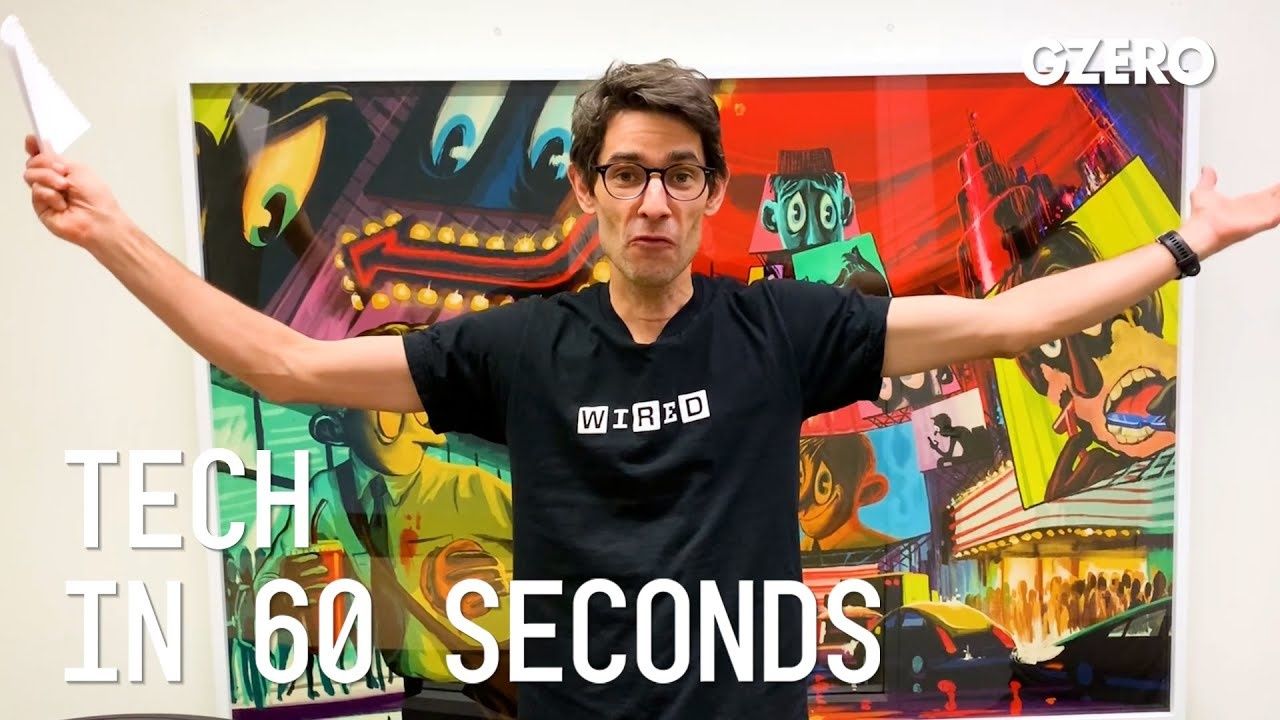February 07, 2020
Nicholas Thompson, editor-in-chief of WIRED, talks about voting and technology!
What tech issue caused all the problems at the Iowa caucuses?
Well, seems like what happened is a Democratic app developer company built an app to try to process the results and they coded it badly. They released it too late. They didn't train people. It crashed. It was a big mess. And yes, it is the apps fault. They also named it "Shadow," which is insane.
Is a low-tech voting system safer than a high-tech one?
No. I still think we need high-tech voting. I am still in favor of electronic voting. I do think you need paper ballot backups, so people trust it. And you do need to protect it from hackers. But high-tech voting, please, let's get there.
What is Section 230 and should we repeal it?
That refers to Section 230 of the Communications Decency Act. It is an old law and is an important section of it. What it does is it gives the social media companies, or any platform company really, protection over things that people say on the sites. So, on wire.com, if you write something really nasty or libelous in a comment, we aren't responsible for it. Or on Facebook, if you say something, Facebook has limited liability over what you say. A lot of people want to get rid of it because it means a lot of bad stuff gets posted online. They also want to get rid of it because everybody hates the social media companies right now. Should they get rid of it? No. Maybe modify it. But we do need protections or else it would be impossible to run this website or a platform like Facebook.
More For You
Mastercard Economic Institute's Outlook 2026 explores the forces redefining global business. Tariffs, technology, and transformation define an adaptive economy for the year ahead. Expect moderate growth amid easing inflation, evolving fiscal policies, and rapid AI adoption, driving productivity. Digital transformation for SMEs and shifts in trade and consumer behavior will shape strategies worldwide. Stay ahead with insights to help navigate complexity and seize emerging opportunities. Learn more here.
Most Popular
- YouTube
Despite a ceasefire in Gaza, Israel is still not letting foreign journalists in to independently verify what’s happening on the ground, CNN’s Clarissa Ward tells Ian Bremmer on GZERO World.
- YouTube
On Ask Ian, Ian Bremmer breaks down the steady escalation of US pressure on Venezuela and why direct military action is now a real possibility.
US President Donald Trump arrives to announce reciprocal tariffs against US trading partners in the Rose Garden of the White House in Washington, DC, USA, on April 2, 2025.
POOL via CNP/INSTARimages.com
From civil conflicts to trade wars to the rise of new technologies, GZERO runs through the stories that have shaped this year in geopolitics.
© 2025 GZERO Media. All Rights Reserved | A Eurasia Group media company.
